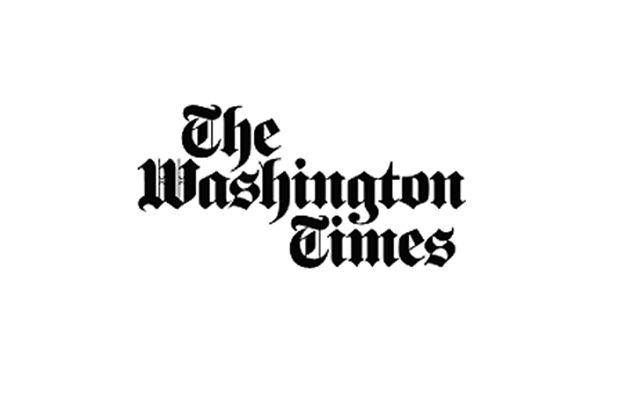Andrey Fedyashin
.
The focus in the current situation around Syria has shifted towards the UN Security Council as some of its permanent members, namely the United States, France and Britain, are rushing forward with an extremely tough draft UN resolution on Syria that would authorize the use of force against Damascus should it fail to implement at least a single provision of a Russian-US plan to bring all of Syria’s chemical weapons under international control. The draft is expected to be put to a vote till the end of this week.
As some Western partners are too obviously seeking to manipulate the conclusions of a UN inspection team that probed the alleged August 21 chemical attack near Damascus, Moscow has thought it necessary to come up with a series of unusually harsh-toned statements on the Syrian issue.
Russia has described as "inappropriate and kidding” the attempts to lay the blame for the use poisonous substances in Syria on the Bashar al-Assad regime. This is being done for the sole purpose of helping the Syrian opposition escape responsibility, the Russian Foreign Ministry’s official spokesman Alexander Lukashevich told a briefing in Moscow.
Russian Deputy Foreign Minister Sergei Ryabkov, who is currently in Damascus for talks with Syrian leaders, has slammed the West’s approach as "politicized, biased and one-sided” and the report itself as "selective, not taking into account all the circumstances” and failing to give a full picture of what is really happening in Syria.
The Syrian authorities have presented new material evidence proving that the armed Syrian opposition was responsible for chemical weapons strikes, Ryabkov said.
Finally in New York, Russia’s Permanent Ambassador to the UN Vitaly Churkin has demanded that UN inspectors return to Syria to investigate suspected chemical weapons attacks that took place near Aleppo in March, 2013, and near Damascus on August 23, 24 and 25.
Some Russian experts feel that the reason why the West has launched a new "chemical weapons campaign” against Syria is because it actually wants to seize the peace settlement initiative from Moscow. Russian President Vladimir Putin’s proposals for Syria’s chemical weapons have come as a complete surprise for Washington, dealing a tangible reputational blow to US President Barack Obama, Russian analyst for Mideast affairs Semyon Bagdasarov told reporters.
"I am afraid we should expect many more provocations in Syria, involving both chemical weapons and other spheres. The opposition periodically stages massacres against Syria’s Christians, Kurds and Alawis [Alawism is a branch of Islam to which Bashar al-Assad’s clan belongs]. Tomorrow may see yet another provocation that will again be blamed on Damascus. The West is still looking for an opportunity to return to military intervention since without intervention the Syrian opposition is unable to solve any of the tasks assigned to it,” the expert said.
The all-too-familiar finger-pointing at the Syrian regime and Moscow is nothing more than part of a big political game around Syria. In point of fact, the United States should be grateful to Russia for its in-depth initiative aimed at putting Syria’s chemical arsenals under international control as it actually saved President Obama the misfortune of fighting a new overseas war with unpredictable consequences. The US Congress and nearly 70 percent of Americans oppose that gloomy prospect, Sergei Demidenko of the Moscow-based Institute of Strategic Assessments and Analysis, told the Voice of Russia.
"The West does not want to intervene in Syria militarily, but it wants the armed conflict in that country to drag on for as long as possible as it offers a way of tackling the problem of Islamic fundamentalism in Europe. European Islamists go to Syria to fight and die there. Another reason is that all the weapons looted by militants at arms depots in Libya, chemical weapons included, are being destroyed by Bashar al-Assad’s troops in Syria on a virtually industrial scale, which reduces the terrorist threat for the West,” he said.
Barack Obama’s latest interview with the US-based Spanish Telemundo TV channel, which was broadcast on September 18, confirms Demidenko’s conclusions. Obama said, among other things, that the ultimate result of the chemical weapons deal for Syria must be a change of regime. It’s hard to imagine that the civil war will die down as long as Assad remains at power, the US president said.
Syrian President Bashar al-Assad has repeatedly stated that it’s up to the Syrians themselves, and not the opposition or Washington, to decide who should rule their country.



_jpg/250px-ElbeDay1945_(NARA_ww2-121).jpg)








